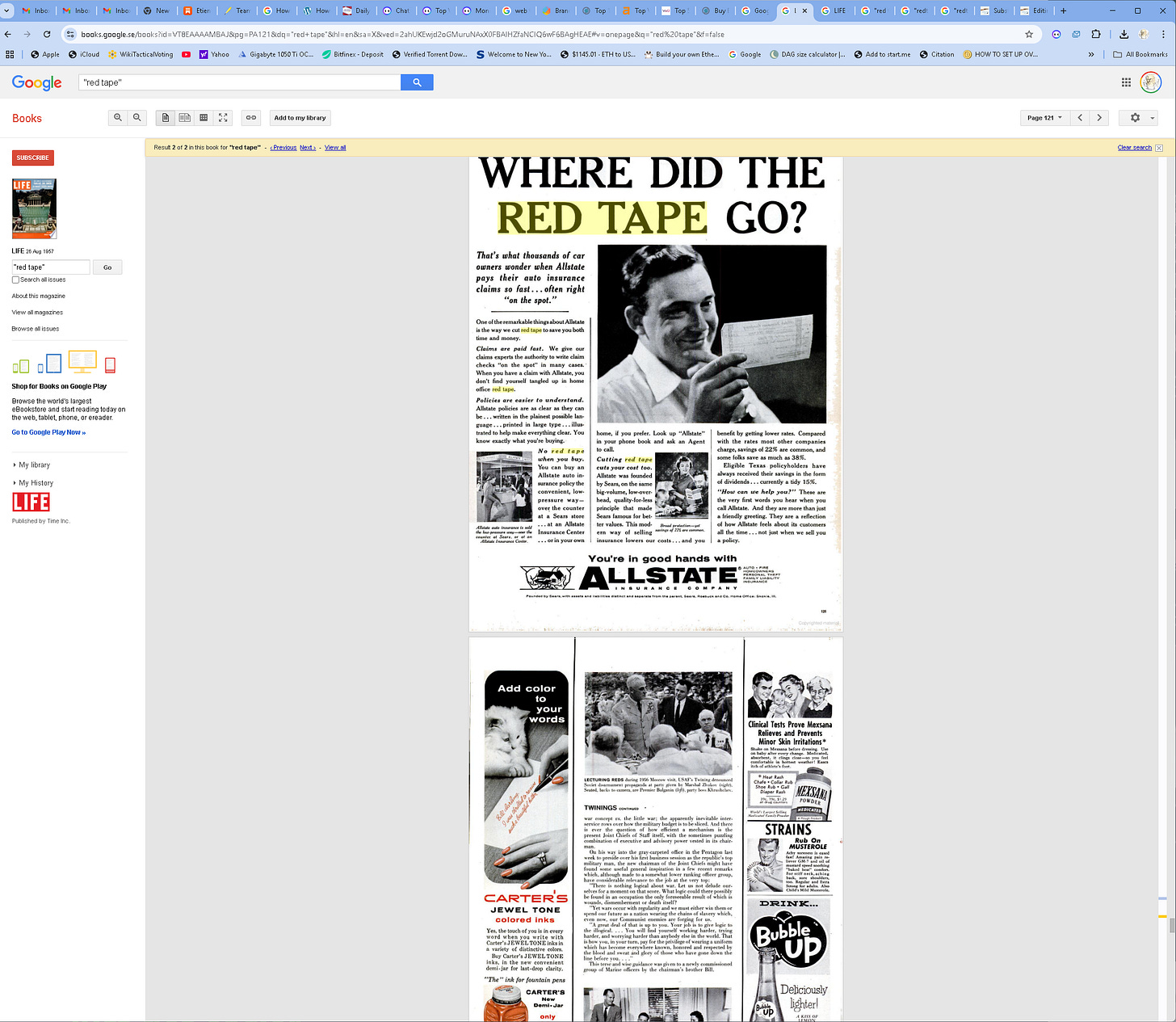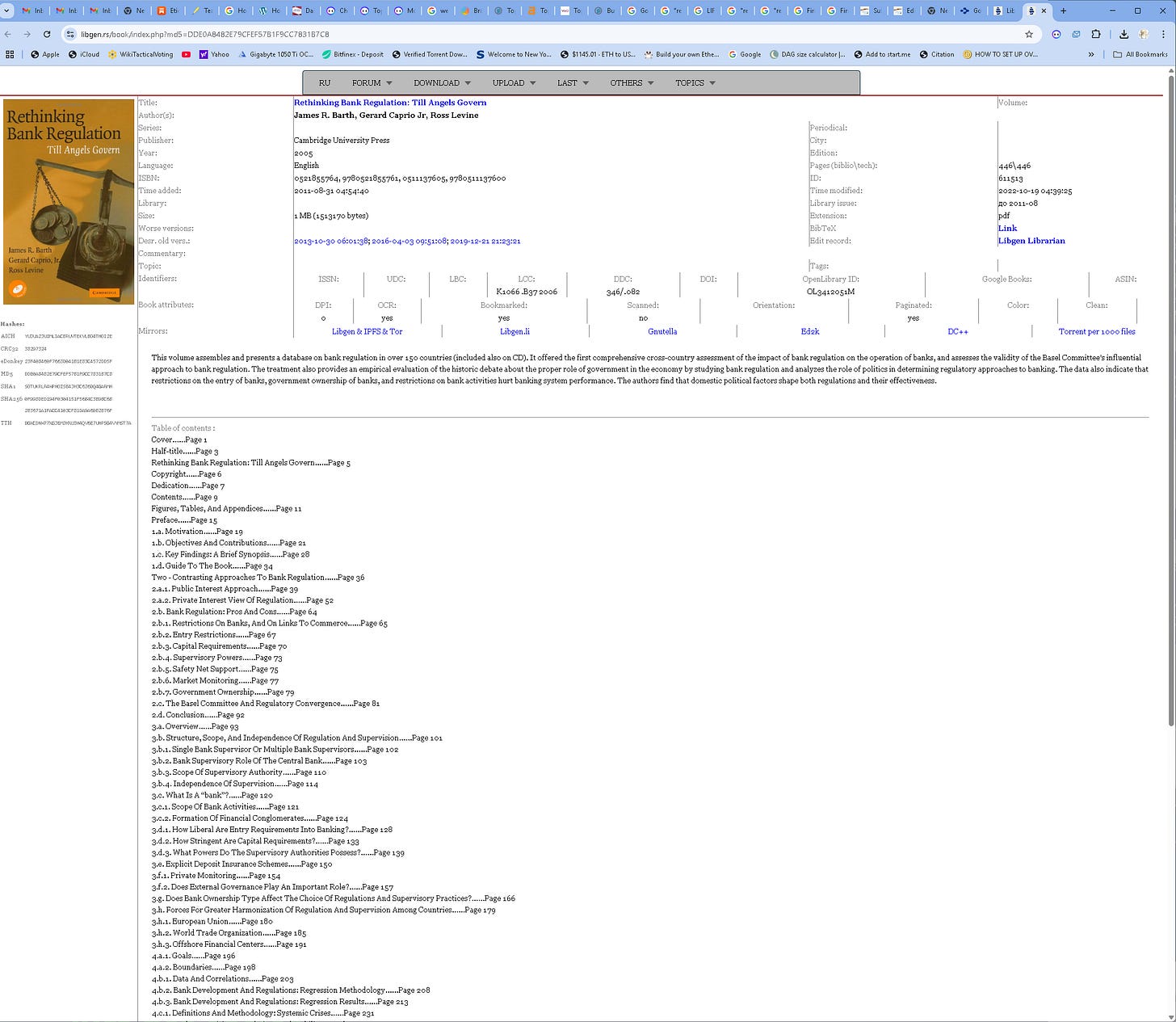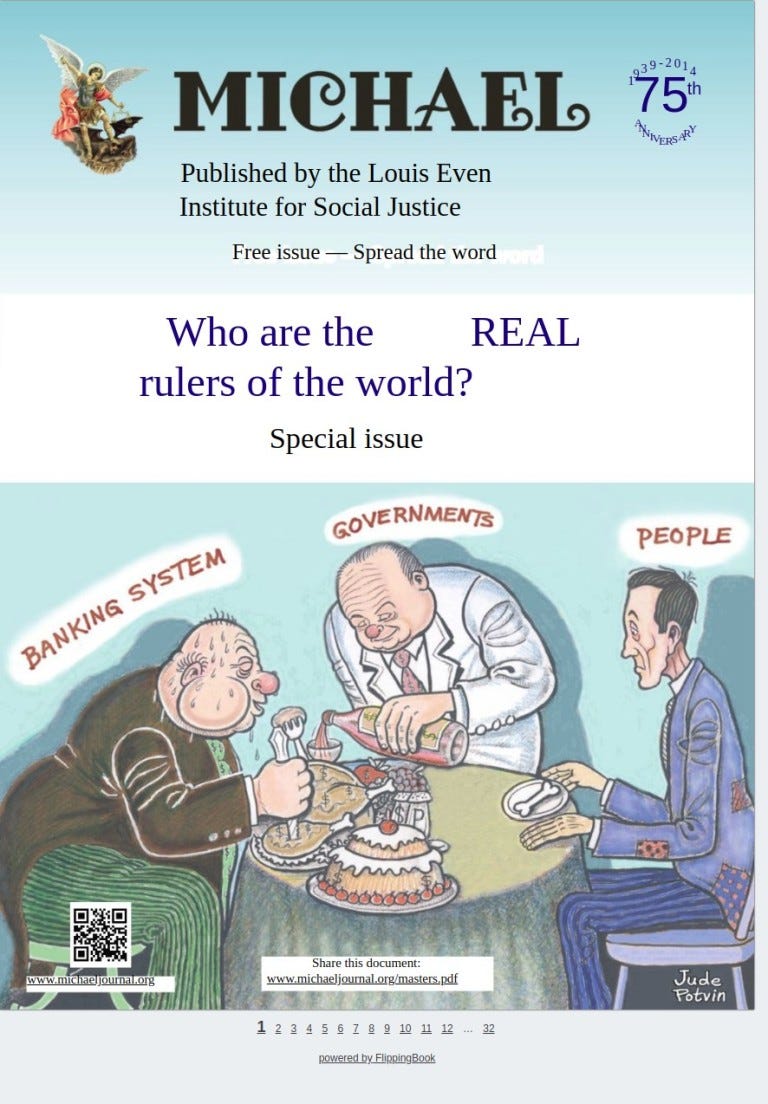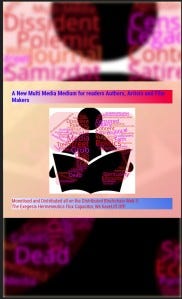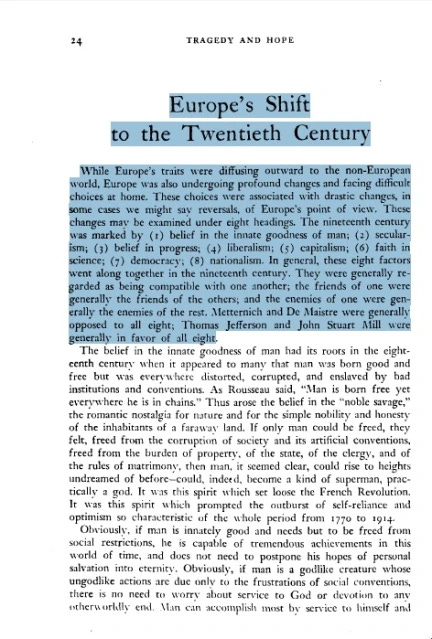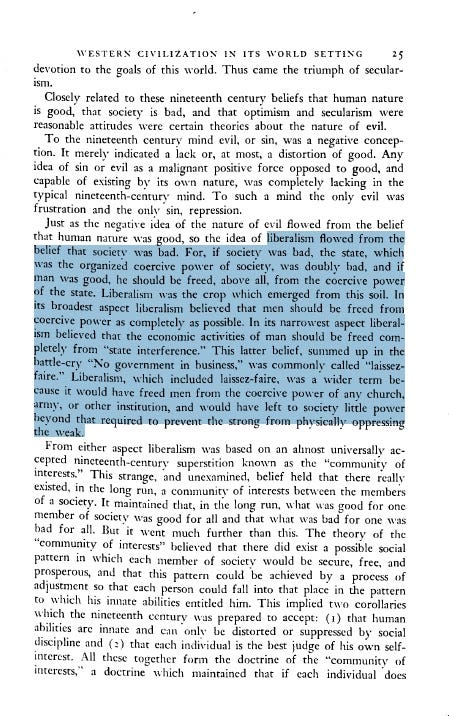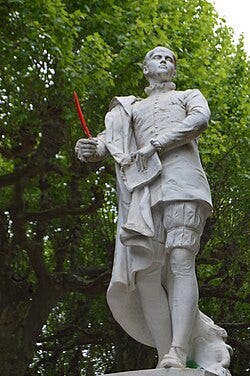Rethinking Bank Regulation: Till Angels Govern Volume:
Author(s): James R. Barth, Gerard Caprio Jr, Ross Levine
https://www.michaeljournal.org/masters.pdf
NGram
is a brilliant tool for lexigraphic contexts over time, meta tag generators spend a lot of effort seeking current search terms for the immediate news cycle, they are really focused upon managing her polarities to increase polarisation, limiting contexts and preventing the convergence of thought towards solutions. In an ideal world, the metadata would be utilised to enhance understanding and contexts of differences Integral theory and Jain Many sidedness also Maimonides points on the contradiction in esoterics in the Torah point to an Exegesis or hermeneutic enquiry which sees a heuristic of convergence rather than divergence.
August 22, 2019
GrubSt’Journal; Fags n Mags Accessibility, Paine & Blake Sensibility #MOABS #GrubStreetJornal @JoeBlob20 @DavidGolemXIV @financialeyes
April 25, 2017
Textual Analysis. Neo Liberalism emerges from the Closet.
N-Gram a textual search tool from Google provides a quick and dirty tool with which to find the frequency of words or phrases within the database of Over 5 million books containing500 billion words. This blog introduces the tool.
http://www.npr.org/2010/12/16/132106374/google-book-tool-tracks-cultural-change-with-words
Here is a link to the Official tool, which allows you to place embed code of your generated queries into HTML documents.
https://books.google.com/ngrams
This is a very concise and useful youtube introduction to the basics of the tool.
Here is a graph I have wanted to plot for a long time. References to ´The Elites´or ´Elites´,´Elite this´, ´The Elites That´became more and more noticeable to me in conversation after the Millenium turned when I was at University in the 1980´s it was not something I think I specifically recall being mentioned even in Sociology lectures.
Monetarism, Elitism, the Elites and Neo-Liberal I contend have been interchangeable references to the Political so-called centre Ground. The Centre Ground is an extreme ideological theory of Political economy based upon a sort of Timonism that maintains a very low opinion of human nature.
Carol Quigley divides views on human nature over The past centuries Thus. I quote him in these stanza’s of my found poem Globalisation Unentangled.
http://letthemconfectsweeterlies.blogspot.se/2017/03/globalisation-un-entangled-found-poem.html
If centuries be epochs with peculiar discretion
19th, 20th, 21st a behind hand review
19th innate goodness of man, nationalism
20th Fallen man Calvinist rule, Globalism.
For the 21st partisans for patronage
Putin and the bear Nationalis
m
Trump and the Eagle InterNationalism
Corbyn of the uncommon people interNationalism
Farage of the common people Nationalism
Well, May? You ask Globalism, Atlanticism
Within the Elysian bosom suckling Globalism on the right and
Internationalism on the left restricted by two tits. A binary mammary conundrum, for PIIGS, have many teets. On which teet will elites suckle,
ONLY formula for the masses.
See P. 24 Tragedy and Hope Europes Shift to the twentieth century.
This is just a cursory browse through this tool but I think it is encouraging with respect to my proposition that elitism and overt justification of inequality has been gradually acclimated and now
we see that Neo-Liberalism is not afraid to stand up and declare itself. So What is it? See video at end of Post.
https://substack.com/@artofliberty/reads
To See the Cage is to Leave It - 25 Techniques the Few Use to Control the Many
New Book Exposes Trillion Dollar Government & Hollywood Psychological Operation
Howard S. Lichtman
Étienne de La Boétie
Influence
[edit]
In the 20th century, many European anarchists began to cite La Boétie as an influence, including Gustav Landauer, Bart de Ligt and Simone Weil.[9] Autonomist Marxist thinker John Holloway also cites him in his book Crack Capitalism in order to explain his idea of "breaking with capitalism".[10] Gene Sharp, the leading theorist of nonviolent struggle, cites his work frequently in both The Politics of Nonviolent Action and From Dictatorship to Democracy.
March 21, 2019
LIVE STREAM Agenda/questions DIALOGUE WITH JOHN HEARNE. A LIVE STREAMED DIALOGUE ON MONEY, BANKING AND POLITICAL ECONOMY. “TINA” THE VILLAGE BIKE OR TEMPLE WHORE.
Running Order Overview
1. John Bio Introduction
John: Economics expert with a brilliant idea.
Key Concepts:
Ism’s, Ist’s, and Ologies: Discuss John’s economic philosophies.
Monetarism: Explore whether John identifies as a monetarist and explain the concept.
2. Roger's Introduction
Roger: Former property developer, chartered surveyor turned hippy anarchist.
3. Tag Crowds
Tag Crowd after Video Introduction:
Economy, Economics: 19 mentions
Government: 12 mentions
Income: 9 mentions
Private: 9 mentions
Management: 9 mentions
Note
Bank: Not included as it only appears twice in the context of the Bank of England and central banking functions.
4. Economic Management
Macroeconomic Requirement:
Focus on maintaining a 2% inflation rate without manipulating interest rates.
Emphasis on quantity of money management.
5. Components Tracking
Resources: Money, labor, widgets, and their interactions.
6. No Banks and No Money?
Aggregates: Explore implications of a system without traditional banking.
7. Small Government Focus
Goals:
Buying the public good.
Supporting merit goods.
8. Ethics of Voluntary Offsets
Discussion: Compare pollution permits to medieval indulgences.
Quote: Goodin (1994) on the moral implications of pollution permits.
9. Central Bank
Target: Achieve a 2% inflation rate.
10. Treasury
Function: Balance the government’s budget.
11. Private Enterprise
Role: Ensure fast and sustainable economic growth.
12. Consumers and Workers
Goal: Maintain high employment levels for long-term economic stability.
13. Foreign Trade
Objective: Achieve a balanced current account for long-term stability.
14. Historical Economic Success
Reflection: What worked in the past and how to improve it for the future.
15. Capitalism
Debate: What is capitalism, and which periods or civilizations exemplify it?
16. Democracy
Question: Are we citizens, subjects, or mere consumers?
Election Issues: Who votes on what, terms of office, and funding sources?
17. Universal Basic Income
Proposal: Annual income of £10,000 for all adults to replace welfare benefits.
18. Taxation and Private Property
Historical Context: US budget before income tax; constitutional debates.
19. Brexit Perspectives
Discussion: Various Brexit viewpoints and implications for international governance.
20. The Nature of Money
Theories: Commodity, chartalist, and credit theories of money.
21. Capitalism Variants
Exploration: Different flavors of capitalism.
22. Globalization
Impact: Examine effects of globalization on economies.
23. Financialization
Study: How financial institutions influence society.
24. Minimum Wage Debate
Position: Yes or no on minimum wage?
25. Political Systems
Contrast: Elitism vs. populism, dictatorship vs. democracy.
26. Money as Energy Measure
Concept: Discuss the relationship between money and energy-based economics.
This structured outline provides a comprehensive overview of the topics to be discussed, ensuring clarity and focus during the presentation. If you need further elaboration on any section or additional details, feel free to ask!
FREE MARKET CAPITALISM: IT`S THEIR FUTURE, ” I HAD A BRILLIANT IDEA FOR 21ST CENTURY ECONOMICS ”
https://longhairedmusings.wordpress.com/?s=Bastiat+Proudhon
May 9, 2017
The Bastiat-Proudhon Debate on Interest (1849-1850) Letter 13
Full text of “Peter Kropotkin entry on ‘anarchism’ from the Encyclopaedia Britannica (eleventh ed.)“This is for me the nub of the matter something I have in common with Joseph Prouhdon, explained by Peter Kropotkin in the Encyclopedia Britannica thus.
https://archive.org/stream/…
”Now Proudhon advocated a society without government, and
used the word Anarchy to describe it. Proudhon repudiated,
as is known, all schemes of Communism, according to which
mankind would be driven into communistic monasteries or
barracks, as also all the schemes of state or state-aided Socialism
which were advocated by Louis Blanc and the Collectivists. When
he proclaimed in his first memoir on property that ” Property
is theft,” he meant only property in its present, Roman-law,
sense of ” right of use and abuse ” ; in property-rights, on the other
hand, understood in the limited sense of possession, he saw the
best protection against the encroachments of the state. At the
same time he did not want violently to dispossess the present
owners of land, dwelling-houses, mines, factories and so on. He
preferred to attain the same end by rendering capital incapable
of earning interest; and this he proposed to obtain by means of
a national bank, based on the mutual confidence of all those who
are engaged in production, who would agree to exchange among
themselves their produces at cost-value, by means of labour
cheques representing the hours of labour required to produce
every given commodity. Under such a system, which Proudhon
described as ” Mutuellisme,” all the exchanges of services would be
strictly equivalent. Besides, such a bank would be enabled to
lend money without interest, levying only something like 1 %,
or even less, for covering the cost of administration. Every one
being thus enabled to borrow the money that would be required
to buy a house, nobody would agree to pay any more a yearly
rent for the use of it. A general ” social liquidation ” would
thus be rendered easy, without violent expropriation. The same
applied to mines, railways, factories and so on. ”
The Bastiat-Proudhon Debate
on Interest (1849-1850)
Letter 13
[Letter 12 by Tucker’s numbering]
Proudhon to Bastiat,
11 February 1850
[Translation (as “Under the Scalpel – Bastiat’s Intellect Mercilessly Dissected. – PROUDHON’S LAST LETTER. – An Exhaustive Summary of the Whole Discussion. – LONG EXPOSE OF BASTIAT’S BLUNDERS, – Followed by a Left-Handed Eulogy as a Clincher in Conclusion. – BRILLIANT ENDING OF A FAMOUS CONTROVERSY. – The Defender of Capital Laid in His Grave by the Champion of Labor. – INTEREST AND PRINCIPAL. – LETTER TWELVE. – PROUDHON TO BASTIAT. – [TRANSLATED FOR THE IRISH WORLD BY BENJ. R. TUCKER.]”) by Benjamin R. Tucker, in The Irish World and American Industrial Liberator, 11 October 1879.]
[PARIS, Feb. 11, 1850.]
DOI-IV-13.1Monsieur Bastiat, your last letter justifies all my anticipations. I knew so well what it would [contain] that, even before I had received La Voix du Peuple of February 4, I had written three-fourths of the reply which you are now to read, and to which I have only to add the finishing touches.DOI-IV-13.2You are sincere, Monsieur Bastiat; on that [point] you leave no room for doubt; I have acknowledged it before, and have no desire to retract my words. But it is very necessary for me to tell you that your intellect slumbers, or rather that it has never seen the light: I shall have the honor to demonstrate this fact to you by summing up our controversy. I hope that the sort of psychological consultation at which you are to be present, and of which your own mind is to be the subject, may be to you the beginning of that intellectual education without which a man, whatever dignity of character may distinguish him and whatever talents he may display, is not, and never will be, anything but a speaking animal, to use Aristotle’s [phrase].









